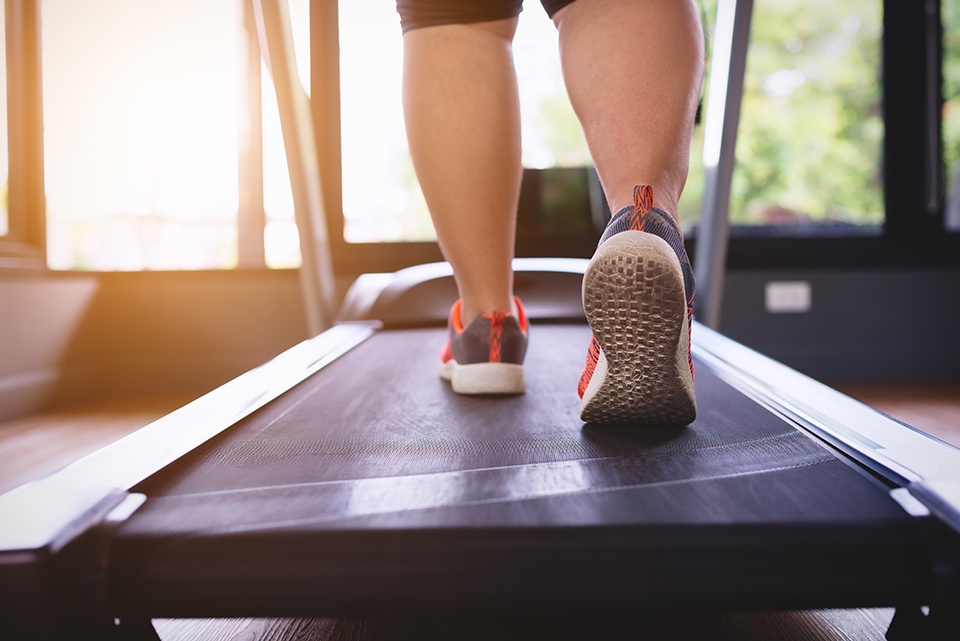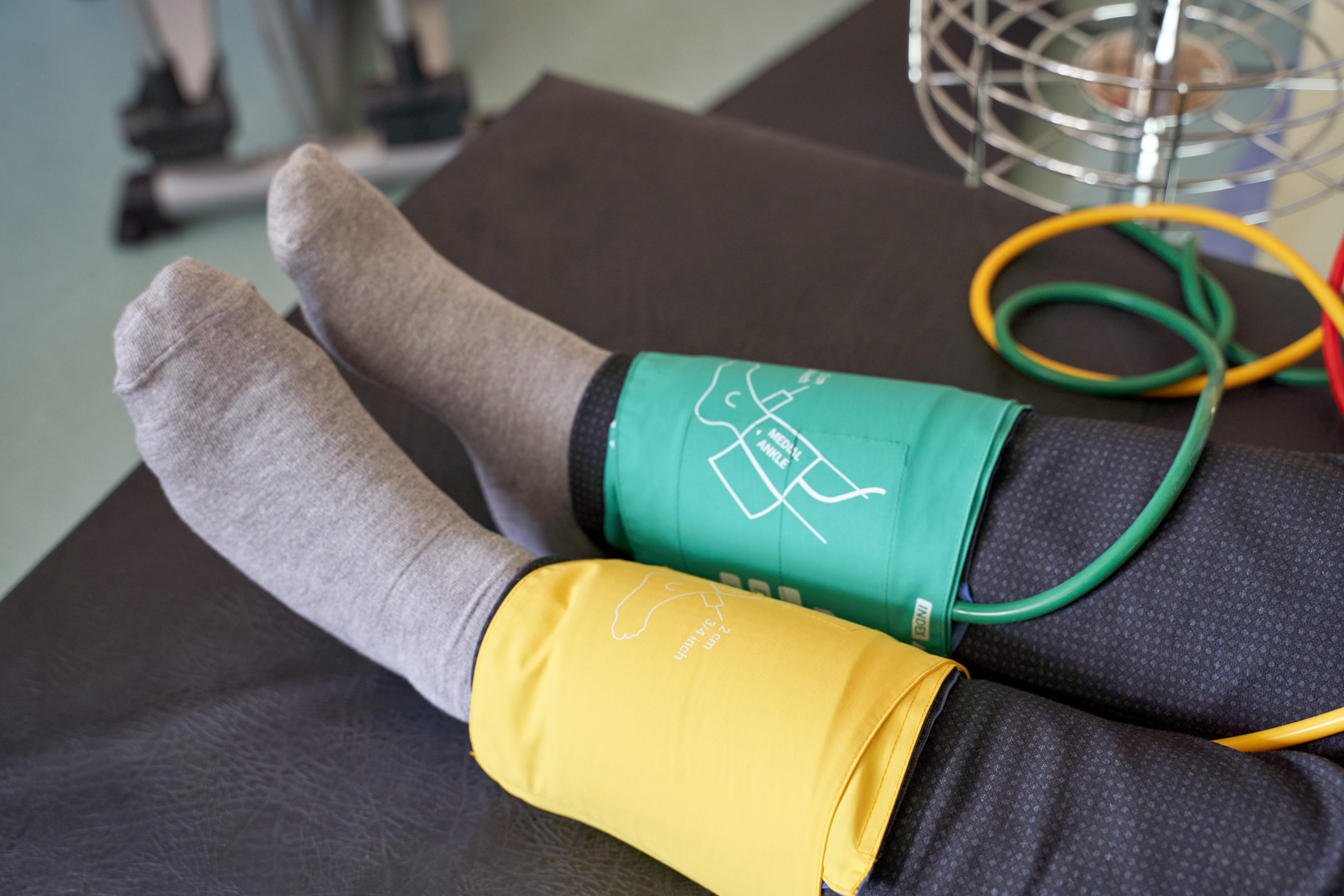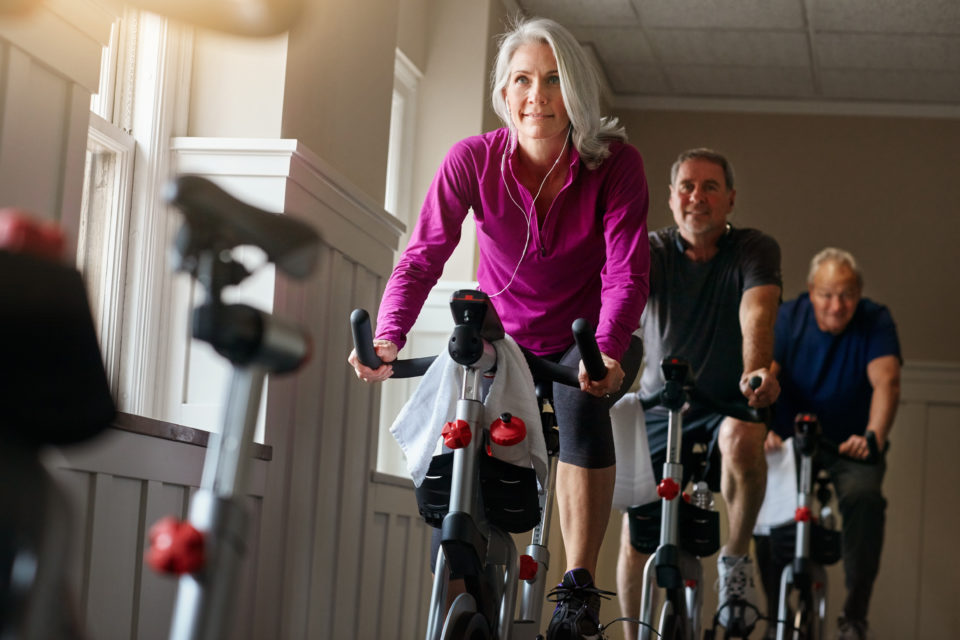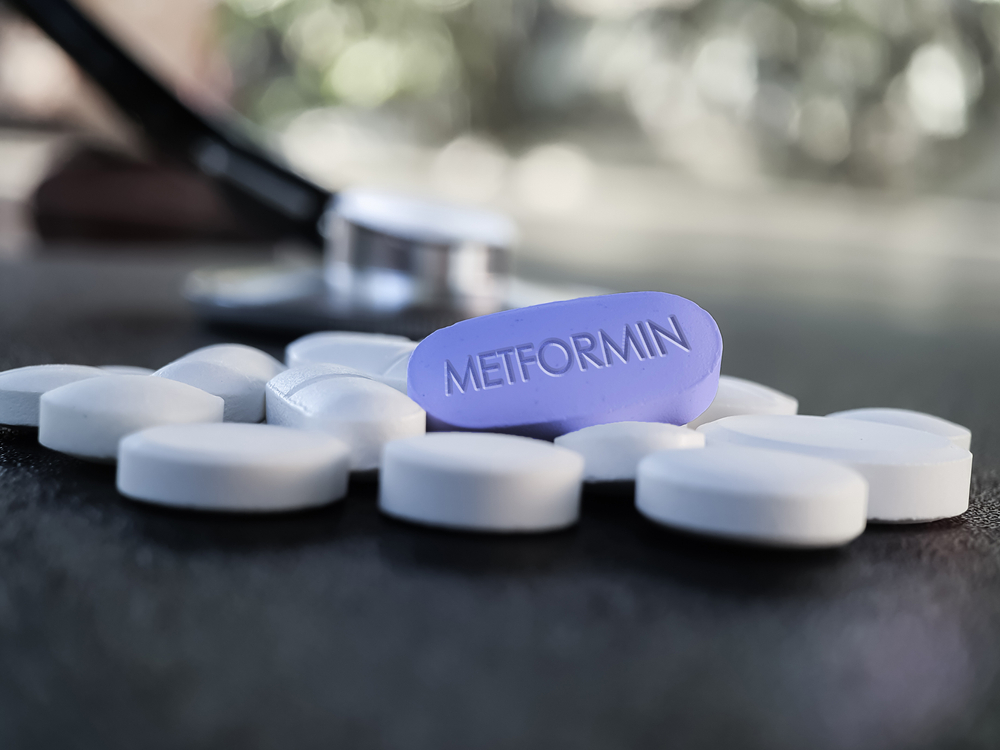
In patients with chronic kidney disease (CKD), complications associated with aging occur at younger ages compared with the general population. Matthew Abramowitz, MD, and colleagues conducted a recent analysis to examine impaired physical function (a common complication of aging) in the context of a recent trial of the investigational product veverimer in patients with CKD. Results of the analysis were reported in a presentation at the NKF Spring Clinical Meetings. The presentation was titled CKD as a Model of Accelerated Aging and Improvement in Physical Function with Investigational Product Veverimer.
The randomized, placebo-controlled trial included patients with estimated glomerular filtration rate 20 to 40 mL/min/1.73 m2; results found an association between veverimer and a statistically significant improvement at 52 weeks in the time required to complete a 5-repetition chair stand test (STS time). The current analysis examined those results in the context of accelerated aging using population-based reports of mean STS time by age group, as well as STS time scored as a component of the Short Physical Performance Battery (SPPB). The treatment × time interaction was assessed using generalized estimating.
Mean age of the cohort was 62 years. At baseline, only 27% of the cohort had STS times at least as fast as the average patient 60 to 69 years of age; 45% were slower than the average patient 80 to 89 years of age. The median SPPB chair stand time score was 2. Following 52 weeks of treatment, both proportions improved in the veverimer group but not in the placebo group (P=.02 for functionally 60-69-year olds; P=.06 for functionally 80-89-year olds).
In the veverimer group, between baseline and week 52, STS time decreased by 4.3 seconds; the difference was larger than the 3.4 second difference in mean expected performance in patients between 80 and 89 years of age and those between 60 and 69 years of age (i.e., ~20-year age difference). In the veverimer arm, the placebo-corrected improvement in STS time (2.9 seconds) was larger than the 2.2 second mean expected performance in patients between 80 and 89 years of age and those between 70 and 79 years of age (i.e., ~10-year age difference). More patients in the veverimer group had a ≥1-point improvement in SPPB chair stand score than in the placebo group: 41% versus 16%; P<.001.
In conclusion, the researchers said, “CKD patients have markedly reduced physical function compared to adult populations of the same age. Interventions that improve physical function in patients with CKD have the potential to restore a substantial proportion of age-predicted loss of performance.”
Source: Abramowitz M, Mathur V. CKD as a model of accelerating aging and improvement in physical function with investigational product veverimer. Abstract of a presentation at the National Kidney Foundation 2020 Spring Clinical Meetings; abstract #219.







 © 2025 Mashup Media, LLC, a Formedics Property. All Rights Reserved.
© 2025 Mashup Media, LLC, a Formedics Property. All Rights Reserved.